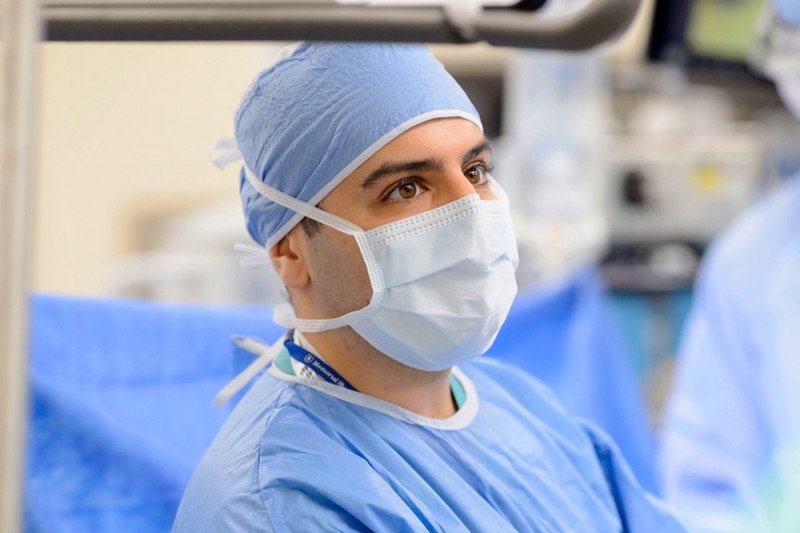
Fear of COVID-19 has kept people of all ages from getting their routine cancer screenings, including mammograms and colonoscopies. However, rescheduling these vital screenings could be lifesaving.
According to the American Cancer Society, more than 150,000 new cases of colon and rectal cancers will be diagnosed in 2020. Memorial Sloan Kettering (MSK) patient and overwise healthy 54-year-old Ann Pullen is one of those cases. The ongoing COVID-19 pandemic and her busy schedule led to Pullen putting off her baseline colonoscopy for years. As Pullen says, “life got in the way and I didn’t make [my colonoscopy] a priority. I didn’t feel anything out of the norm, but there was voice inside me that said, ‘maybe you should catch up on your appointments.’” When she finally scheduled her colonoscopy in October, she was shocked to learn that she had a treatable and early stage colon cancer.
Colon cancer screenings were down 64% between March to June 2020 from previous years according to Epic Health Research Network. In an NBC TODAY Show interview, Pullen’s surgeon, Dr. Emmanouil Pappou, urges the importance of keeping routine cancer screening appointments, such as colonoscopies. “The benefits of catching colon cancer early are that the chances of cure and survival are higher,” explained Dr. Pappou in the broadcast segment. He continued, saying that “most often people with colorectal cancer can have no symptoms at all” and that [putting off screenings] can make a difference between life and death.”
In October, the United States Preventive Services Task Force released updated draft recommendations on colorectal cancer screening which, among other things, call for screening for the general population to begin at age 45 instead of 50. This news came as more and more people under 50 are being diagnosed with colon and rectal cancers. This steady uptick in colorectal cancer in people under the age of 50 led MSK to develop the first of its kind Center for Young Onset Colorectal Cancer. The center is dedicated solely to research and the specific treatment needs of people under 50 who have colorectal cancer.
Dr. Pappou also shared ways to reduce colon cancer risk in the general population, including eating a healthy diet rich in fruits and vegetables, exercising 3-4 times a week, and scheduling colonoscopies.
View the TODAY Show feature here.